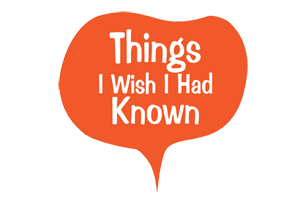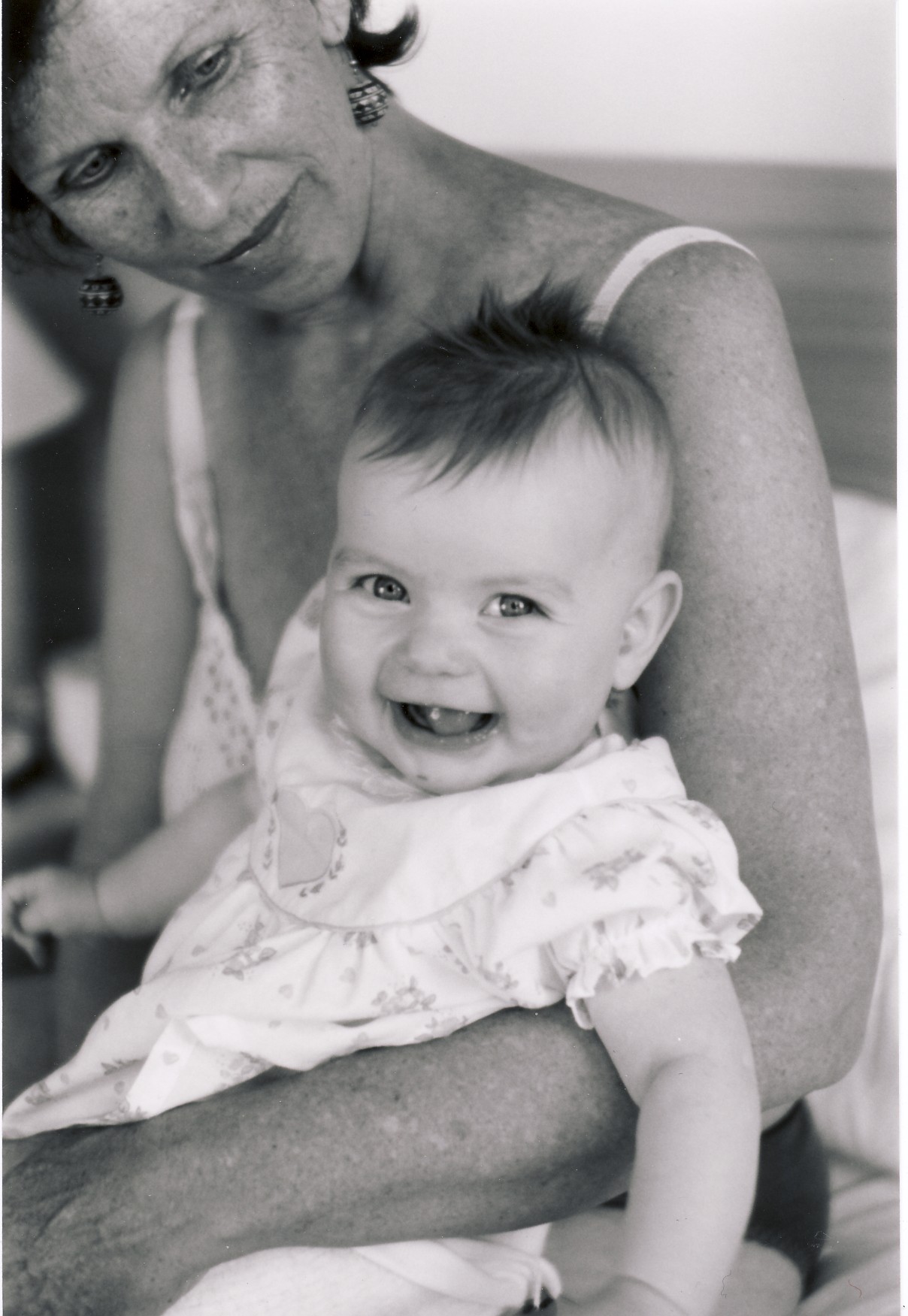The official site of the book Better Late Than Never Baby - Becoming a Mother Later in Life, written by Serena Kirby.
If you're over age 35 and about to become a mother - this is the book for you.
Enjoy












Guest Blog: Dr. Joan Garvan – Pioneering New Family Forms
While politicians argue about the pros and cons of Paid Parental Schemes the health and welfare services for women in the early years after the birth go unexamined. The birth of an infant ushers in high levels of anxiety and depression, high levels of marital dissatisfaction, a spike in domestic violence, and legendary issues related to identity for women as new mothers. There is a common aspiration by couples to achieve a form of gender equal or egalitarian family while the birth of an infant ushers in significant trends towards gendered roles.
There is a common expectation that young women will develop and pursue a career and they most often have their first child in their early thirties, a time when they are well into their working lives. The workplace wants the skills and talents that these women have to offer and yet has been slow to respond to calls for flexibility.
There is a potent mix of social and cultural factors accompanying birth that are fuelling a disorientation of the self. Tensions between work and family are contributing to a decline in the health and wellbeing of women. According to beyondblue, one in ten women experience depression while pregnant and one in seven postnatally; the rate of anxiety goes much higher. Many are sent to their doctor for medication or to a psychologist for a ‘talking’ cure. The response has been highly medicalized while there is strong evidence of a need for social support.
The postnatal phase officially ends at six weeks after the birth and the follow-up Maternal and Child Health services are patchy and remain primarily concerned with infant health and wellbeing. This is often to the exclusion of wider social and cultural factors that impact on maternal health and wellbeing. Women understand this and most often do not share personal concerns with their nurse. This is something that women know intuitively while they console themselves with the retort that now they are a mother they need to become selfless.
Nevertheless, the birth of an infant is an event of social and cultural significance. There is an emphasis on a need for social support across the research on depression. We need to know how the existing services can be improved so as to better serve the needs and interests of women as mothers and men as fathers as they pioneer new ways of caring for their kids.
How do YOU think the services could be improved?
What would YOU like to see offered to support parents particularly in those early years after the birth?
Dr Joan Garvan PhD is a Doctor of Philosophy and an avid promoter of maternal health. She also became a first time mother at age 42. She currently offers a professional development course for those working with women and families in the early years after the birth. For more information go to www.maternalhealthandwellbeing.com or visit her two facebook pages: maternal health and wellbeing, supporting young families.
Picture Caption: Joan, in her early days of mothering, with daughter Hannah.



9 Comments
2013-09-20 09:19:57
Such an important issue. There really is a gap in support for new mums. We no longer have the big extended family as help and older mothers especially can have less support. From my own experience Mothers Groups are a great asset. Maybe we could see a national initiative that helps and encourages new mums to set up groups. How about TAMGI ‘The Australian Mothers Group Initiative’. Many mums don’t know where to begin in starting a group or how to find like-minded mums. Maybe the initiative could help them connect. My own Mums Group has been together for nearly 8 years and I love our regular get-togethers. Feels like coming home every time we meet. Just goes to show – you (and your kids) are never too old for a Mothers Group.
2013-09-21 13:50:14
How about Plunkett nurses like they have in NZ? It seems a much more joined up system. http://www.plunket.org.nz/what-we-do/who-we-are/ How about parenting being seen as a vital community activity, on a par with profit based activities, because let’s face it, raising the next generation is not exactly optional, is it?
2013-09-23 11:39:24
Such good points Pip !
2013-09-23 12:00:32
I have been lucky enough to work form home since my daughters were born, and have been given the flexibility to work around their hours and their needs. The deal for me is so long as I get my work done no one questions when I do it. I know I am lucky though – not many people get that sort of opportunity. But I wonder why not? If people really do want the skills and knowledge that women in their 30s have to offer then why are we not looking for more ways to make the workforce adapt to that. I find I am more productive at home – no meetings, no one popping into my office for a chat etc. And my job requires a lot of thinking time and computer time – and that can happen anywhere. I’m sure there are many other jobs too that can be done from home – perhaps it’s time we started to work out which ones?
2013-09-23 12:49:42
Yes Ruth good point- more flexible work places are required as employers can’t have it both ways. The flexibility to work from home can be a win win for employers and as you say, as long as you get the work done – what does it matter where you do it.
2013-09-24 09:18:14
Some time ago this report was released which sets out an framework for the development of programs for the early years after the birth. Propositions are being considered while there has barely been a squeak in the media and/or the opportunity for consumer response. Take a look, see what you think and give some feedback see: http://www.health.gov.au/internet/publications/publishing.nsf/Content/nat-fram-ucfhs-html
I have set up a facebook page dedicated to the discussion of improved services, particularly in the early years after the birth see: https://www.facebook.com/supportingyoungfamilies
I will include a link to Plunkett in NZ. An article is in the wings for the site – Women’s Agenda – along the lines of this. I’m hoping that this might promote some discussion. I’ll post a link once its up. Please do let them know what you’re thinking.
2013-09-26 10:41:51
I am a New Zealander, and yes, we are very fortunate to have the fantastic support of Plunket. It really is an amazing organisation.
As a parent educator I am a big believer in acknowledging that the transition to motherhood is more than just the birth of a baby; it is the birth of a mother. We need support and understanding as we adjust to our new role, and I am passionate about mothers joining forces and helping each other along this journey. So much so that I have started a facebook page for this very purpose – mothers helping mothers. Like an on-line supportive coffee group. 🙂
https://www.facebook.com/helpiamamum
2013-09-26 14:08:44
Thanks for your comment Larissa _ I will pass it on to Dr Garvan. I too believe strongly that there needs to me more focus on the mother and not just the baby. You will note in an earlier comment here – that I also believe that other mothers are one of the best and most accessible form of support. Love your facebook page and I bet many other mums will thank you too.
Leave a Comment